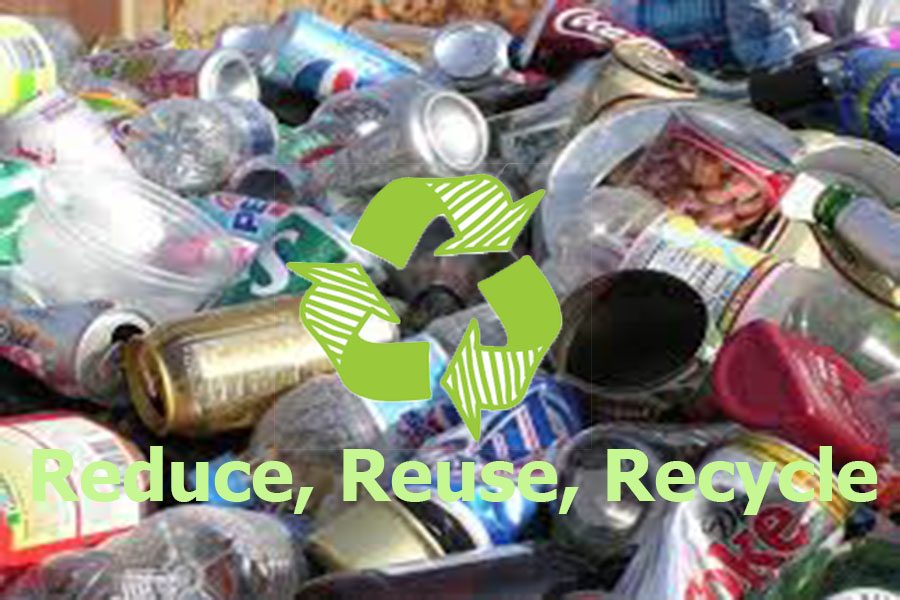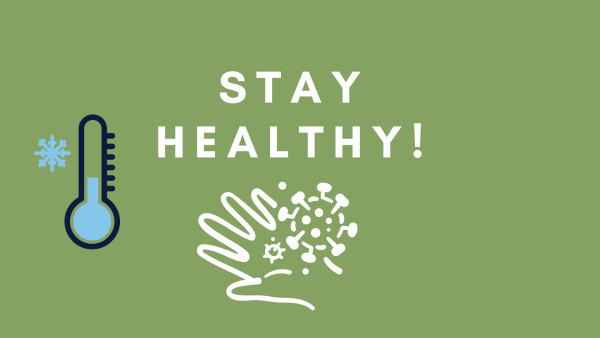The Truth About Recycling
While growing up. you have probably been told over and over again “Reduce, Reuse Recycle.” By now the phrase is probably drilled into your head, and when a recycling bin is available you throw your plastic bottle into it and think nothing of it other than you are helping our planet and leaving a smaller waste footprint. Well, think again…
Many people don’t know that recyclables are considered a commodity, a good that can be sold. Recyclables can be broken down into raw materials again and sold to manufacturers. But, this does not mean that all recyclables you throw into the recycling bin are actually recycled. Typically less than 50% of what you put in the recycling actually gets recycled.
Mrs. Stark, a finance teacher at AHS, is very big on recycling in her classroom. She likes to have everyone in her class recycle because “ I want us to try and reduce our carbon footprint, I provide the recycling bins and all you have to do is just put your recyclables in them.” Mrs Stark goes on to say that her family tried to recycle as much as possible and only buy new things if it is truly needed. “In my accounting class we go through so many books that you just have to find something to help. People need to think of the impact that you have on this planet.” There is no doubt that people are going to keep using plastic, so at least know what can help your recyclables actually be recycled.
Your recyclables must meet certain standards in order for manufacturers to buy them and actually use them. They can’t have too many impurities, because these recycled materials are competing with virgin materials for use in manufacturing. Meaning that the cleaner the material, the more likely it is to be reused. So, next time you are about to smash that plastic water bottle then throw it into the recycling bin, remember that now it may not actually get recycled.
Products that end up not being recycled are sent to a landfill to decompose because plastic is a non-organic material, it takes about 450 years for plastic to break down and 60% of that plastic is still on our planet. But it doesn’t end there, plastic production can also create greenhouse gases which contributes to climate change. Most people think that after you recycle you have done your part in helping the planet, but in reality, your recycling still has a waste footprint. Knowing this, it seems to be more reasonable to start reducing the amount of plastic or paper you are using instead of just recycling.
So maybe during this new year, switch from your plastic water bottles and plastic straws and start using reusable and biodegradable products so you can reduce your waste footprint and help the planet by going green.

Hey guys! I’m Thalia Gonzalez. This is my third year writing for the SPUD and my first year as Co-Editor-in-Chief! I am the only child of Tony Gonzalez,...









